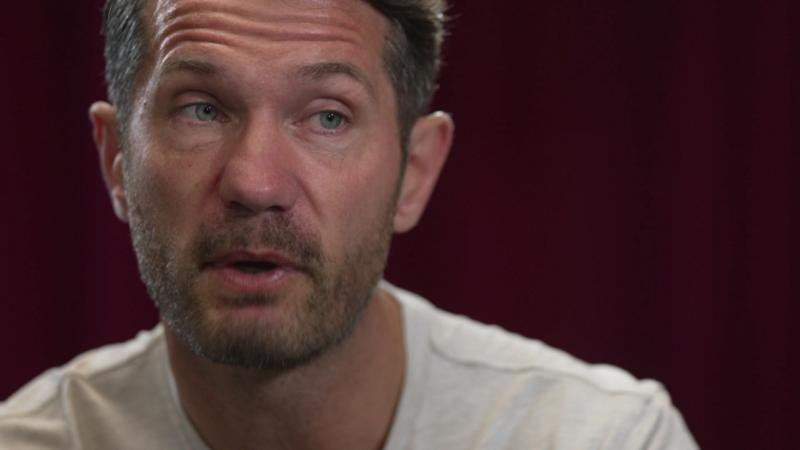A former professional soccer player has publicly shared his diagnosis of adult ADHD to help increase awareness about this condition.
Mark Phillips, who had stints with clubs such as Southend United, Millwall, Brentford, and AFC Wimbledon, received his diagnosis earlier this year at the age of 43.
He noted that he had always sensed he was “different in some way,” which in the past had resulted in negative outcomes for him.
“There’s a tendency to compare yourself to others, which leads you to adopt various personas in an attempt to fit in. Before I was diagnosed, I viewed my career as a failure, which is a rather sad reflection,” he shared.
A recent survey conducted by the Professional Footballers’ Association indicated that 60% of players with neurodiversity conditions would feel uncomfortable disclosing this to their clubs.
Phillips concurred that making such a revelation is challenging: “As a young footballer aiming to establish myself in a team and secure my place as a first-team player, I doubt I would have been open about it.”
“There’s always that lingering concern in your mind—so that 60% statistic might actually be higher.”
Several athletes have publicly acknowledged their struggle with ADHD:
Source: ADHD UK
Through his platform, The ND Footballer, Phillips aims to promote greater openness around a topic seldom discussed in men’s football.
He mentioned he was motivated by players like Lucy Bronze from England and Chelsea, as well as Manchester United’s and Wales’ goalkeeper Safia Middleton-Patel, who have both bravely shared their experiences with neurodiversity diagnoses.
“I think it’s incredible. The vulnerability these women showcase exemplifies a deeply human trait that resonates with us all.
“We all find it hard to disclose our weaknesses and vulnerabilities, but what I’ve come to realize is that these can actually be our strengths.
“Having these athletes serve as role models is immensely powerful for those wrestling with similar issues; it allows them to look at their journeys and wonder, ‘If they could do it, why can’t I?'”
Understanding Neurodiversity in Sports
Neurodiversity encompasses the natural differences in cognition, learning styles, and information processing, including conditions like autism, ADHD, dyslexia, and dyspraxia.
Recognizing and accommodating these differences is essential to support neurodivergent athletes and coaches in sports clubs, school athletics, and competitive teams.
ADHD is characterized by ongoing patterns of inattention and/or hyperactivity and impulsivity, impacting an individual’s ability to concentrate, manage impulses, and regulate energy levels.
Source: Sport England

